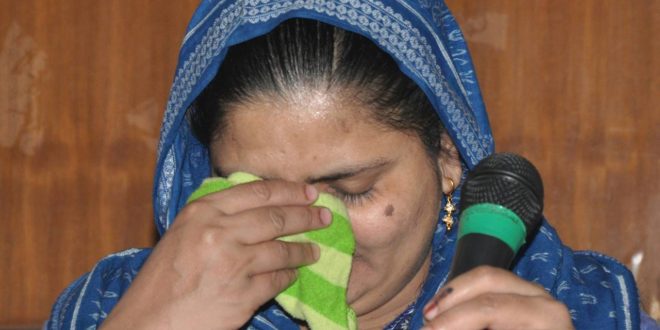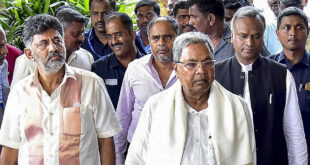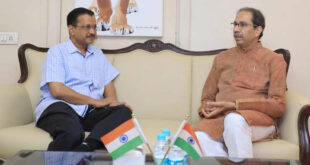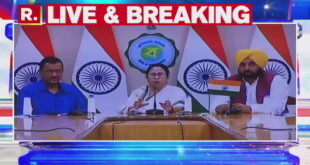Over 6,000 citizens, including grassroots workers, women, and human rights activists, have petitioned the Supreme Court to overturn the sentence reductions granted to 11 men convicted of rape and murder in the Bilkis Bano case in 2002.
“The commuted sentences for the 11 men convicted of gang rape and mass murder will chill every rape victim who is advised to ‘believe the system,” seek justice,’ and ‘have faith,'” they stated in a joint statement.
Among those who signed the declaration were activists Syeda Hameed, Zafarul-Islam Khan, Roop Rekha, Devaki Jain, Uma Chakravarti, Subhashini Ali, Kavita Krishnan, Maimoona Mollah, Hasina Khan, Rachana Mudraboyina, and Shabnam Hashmi. Saheli Women’s Resource Centre, Gamana Mahila Samuha, Bebaak Collective, All India Progressive Women’s Association, Uttarakhand Mahila Manch, Forum Against Women’s Oppression, Pragatisheel Mahila Manch, Parcham Collective, Jagrit Adivasi Dalit Sangathan, Amoomat Society, WomComMatters, Centre for Struggling Women, and Sahiyar are among the civil rights organizations.
Citizens demanded that the remission be withdrawn, arguing that the early release of these murderers and rapists reinforces the impunity of all men who commit rape and other acts of violence against women.
Eleven life-sentenced convicts were released from the Godhra sub-jail on August 15 after the Gujarat government granted their release under its remission program. They had spent more than 15 years in prison.
Bilkis Bano was 21 years old and five months pregnant when she was gang-raped while fleeing the chaos that erupted following the destruction of the Godhra train. Her 3-year-old daughter was among those deceased.
 India One News
India One News





